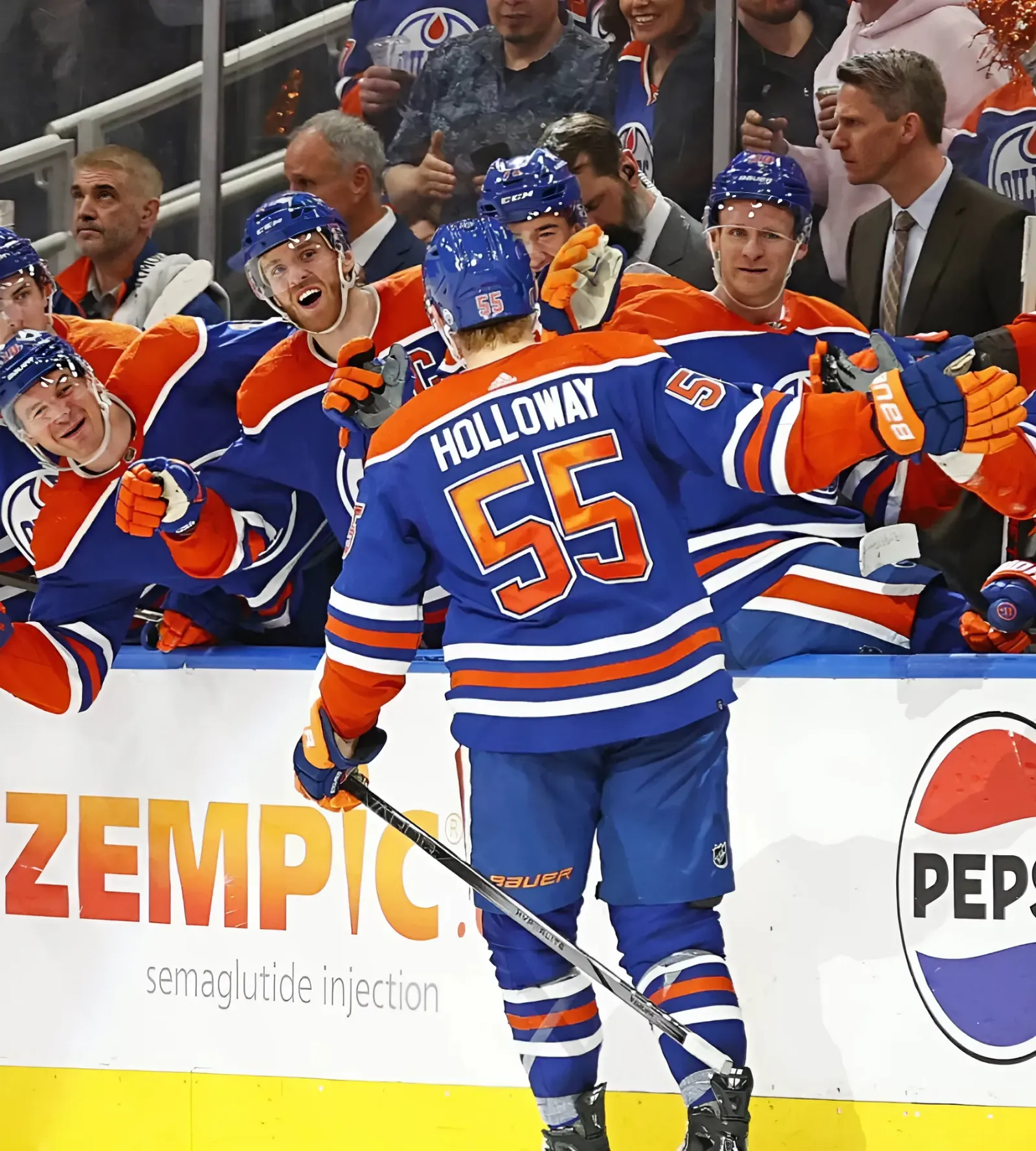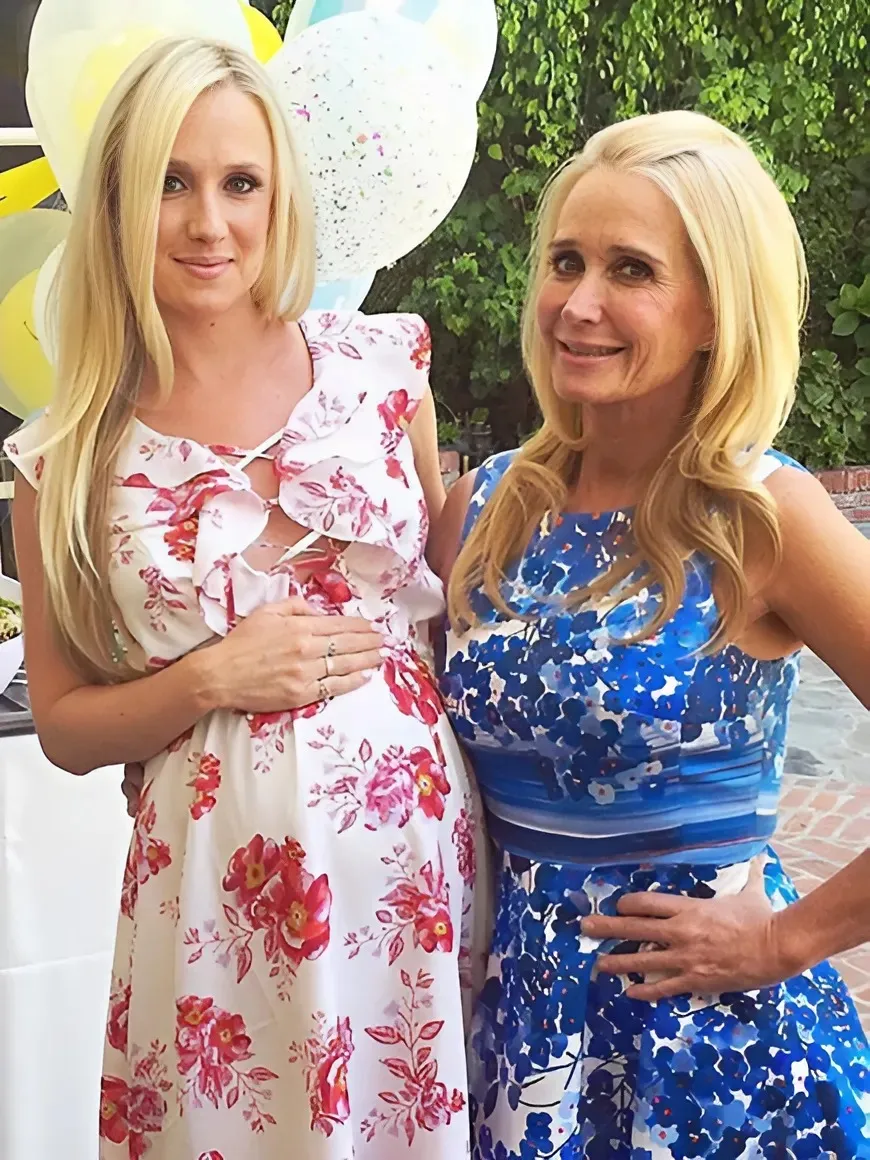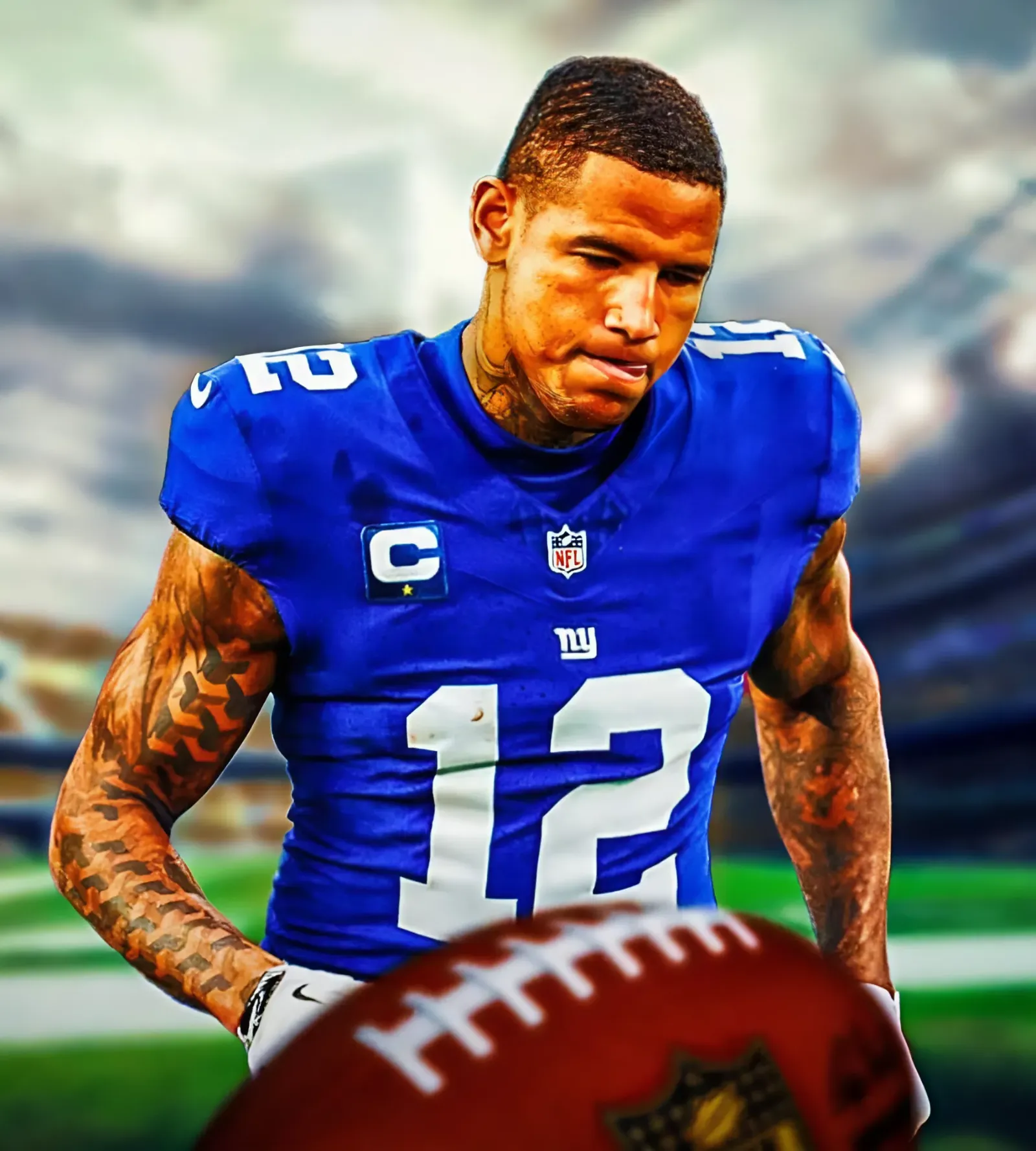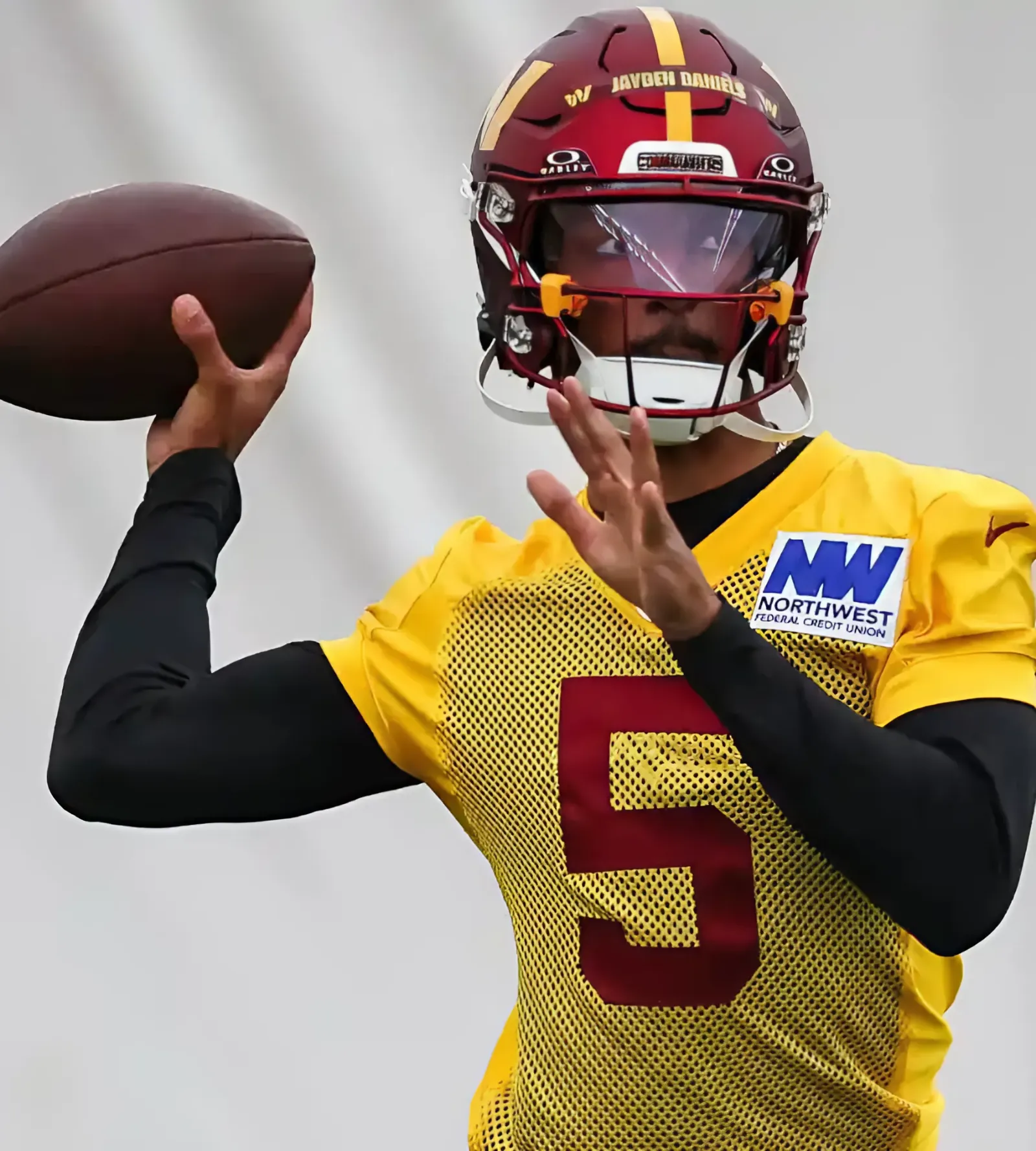The Flyers announced the team's opening night roster on Monday. Fourteen of the 23 players on the roster are age 25 or younger, including 18-year-old Jett Luchanko and 19-year-old Matvei Michkov.

Flyers General Manager Daniel Briere speaks to media during Flyers training camp
The Flyers announced the team's opening night roster on Monday. Fourteen of the 23 players on the roster are age 25 or younger, including 18-year-old Jett Luchanko and 19-year-old Matvei Michkov. Before the team took to the ice at the Flyers Training Center in Voorhees, General Manager Daniel Briere met with the media to discuss the opening roster and his expectations for the season.
During the 25-minute session, Briere stressed that the roster itself and players' spots on the depth chart are fluid. The Hockey Operations department and Head Coach John Tortorella pledged to frequently re-evaluate the personnel on the team. Even in cases where someone's roster spot is not in danger, coveted depth chart roles at 5-on-5 and special teams depend on players' consistency.
Here are four takeaways from Monday's presser.
1. Luchanko "has blown us away from Day One"
Born August 21, 2006, Flyers 2024 first-round pick Jett Luchanko is poised to become the youngest player in franchise history to make his NHL debut in the Orange and Black. Under the terms of the collective bargaining agreement between the NHL and NHL Players' Association, Luchanko can play in up to nine NHL games before burning the first season of his three-year entry-level contract.
Briere said on Monday that he did not expect Luchanko at the start of training camp to be part of the opening night lineup. But the player reported in outstanding physical condition, showed exceptional hockey sense and speed to go along with high-end potential on both sides of the puck.
"Going into training camp, I never thought he had much of a chance [to make the team], more of an outside chance, small outside chance, to be honest. But he has blown us away from Day 1. The speed is one thing that really jumped out, top-end NHL speed already at such a young age; that's impressive," Briere said.
"Then you start watching him play and it's just all the little details in his game, the way he supports everybody, the way he makes players around him better was very impressive."
Luchanko had an outstanding Rookie Camp and back-to-back performances in the Rookie Series in Allentown against the New York Islanders prospects. In NHL camp, Luchanko impressed in scrimmages, practices and the preseason exhibition opener in Washington.
As camp progressed, Luchanko continued to hold his own from a defensive standpoint. Offensively, he made a couple of high-end plays with the puck (although they did not result in goals) and multiple subtly clever plays where he maintained or quickly regained possession. He dressed in four of the seven exhibition games.
From a points production standpoint, Luchanko's two assists in the first preseason game against Washington were his only points in the preseason. Briere said, however, that the player's all-around game was more important.
"It's not just about points," Briere said. "At the same time, we're aware that there's not a lot of NHL players in some of the games. There's AHL players, juniors guys."
The general manager said that Luchanko's progress and performance will be tracked and discussed internally on a day-to-day and week-by-week basis. According to Briere, there is not a guarantee that Luchanko will dress in nine games before returning to the Ontario Hockey League. On the flip side, it's not a foregone conclusion that the player won't receive a chance to stay in the NHL for the full season.
In terms of the risk of seeing Luchanko's development or confidence harmed if he hits a wall with the NHL team, Briere said that the big picture is still his No. 1 focus with the player.
"It's not just in the moment, does he help us more than the next guy in line? We also have to take into consideration his age and his development. What's mostly important for us is in three, five, seven years from now, how can we create the best Jett Luchanko. So those are all things that we're constantly thinking about and discussing and debating," Briere said.
2. Michkov "thinks ahead of everybody"
Unlike Luchanko, Michkov reported to camp surrounded by immediate excitement and high expectations from fans. An elite prospect in Russian hockey and the under-18 level of international hockey, Michkov has impressed not only with his dynamic offensive skills (both as a scorer and playmaker) but also his smarts, competitiveness and how quickly he's fit in with teammates.
"I was really impressed in [puck] battles, how he positions his body to keep pucks alive all the time. With a lot of guys, they get in the battle, they take a big hit, but they get kind of pushed out of the way and someone else comes in, picks up the puck and goes. You watch him work with his feet and his stick, he's always thinking ahead of everybody. He takes a hit but his feet are making a play with the puck at the same time," Briere said.
3. Mid-20s players vital to taking the next step
Players such as Joel Farabee, Morgan Frost, Owen Tippett and Noah Cates are no longer "kids". They are all now either 24 (Farabee) or 25 years old. They each have several full or partial NHL seasons under their belts.
Tippett has been knocking on the door of his first 30-goal NHL season for the last two years. Farabee had a career-best 22 goals and 50 points last year, and was one of the Flyers best overall players until the All-Star break. Frost led the Flyers in points over the latter two-thirds of the 2022-23 season and did so again over a 36-game stretch last season.
Cates, meanwhile, has been a consistently reliable defensive player and forechecker over his two-plus seasons in the NHL. Offensively, he's shown hints of being able to be a solid secondary contributor at the sport's top level.
What has been lacking from these players, however, has been the consistency to sustain their A-level game (offensively in Cates' case, overall impact in the others) as their norms for a full season rather than a hot couple months here and a prolonged drought there.
"There's no guarantees, but we need consistency from some of these players. They played in big games [with playoff implications] last year, so that was important. When a team is out of it, you sometimes see them go on a run late in the season because there's no pressure. It's important that these guys step up consistently," Briere said.
The same essential premise also goes for Tyson Foerster from an offensive production standpoint. The 22-year-old Foerster is only entering his second full NHL season and had a commendable rookie year. He is capable, however, of improving upon his 20-goal NHL rookie season and his 20-goal, 48-point AHL output with the Phantoms the previous year.
Briere noted on Monday that he was unhappy with the preseason performances of multiple veterans on the team. He gave everyone on the roster high marks for their physical conditioning and work ethic in practice.
In terms of game action, Briere was hoping for more on a game-to-game basis from quite a few veterans up and down the lineup (defensemen as well as forwards). Some vets had a couple good games and a couple so-so ones. Others needed a higher level from most of their shifts in the exhibition matches. It's not about the rosters the Flyers played against or the game scores. It's about personal readiness.
"You can't just flip a switch" from preseason game mode to regular season readiness, the general manager cautioned.
4. Power play improvement is a collaborative effort
It is no secret that the Flyers' power play, ranked last in the NHL in each of the last three seasons, must improve significantly, if the team is to generate enough offensive support to make a successful push for a playoff return.
Both during the offseason and on an ongoing basis, the Hockey Operations department has sought input on the power play from internal voices in the organization who had success as power play regulars during their own NHL playing days. This ranges from the likes of John LeClair and Patrick Sharp to Dany Heatley.
Briere noted that the collaborative team assisting power play coach Rocky Thompson each played different roles on the power play during their respective careers. Heatley was a puck distributor. Sharp was a shooter. LeClair, of course, was an elite netfront presence who could also score a few goals from greater distance with a 100 mph howitzer of a slap shot.
Another component being incorporated: getting input from former players who were regular penalty killers on what types of power play strategies and execution presented challenges to their PK units.
Briere did not want to reveal what specific tweaks and larger alterations the internal "power play committee" recommends but said that many ideas have been presented and will continue to be weighed. Just as importantly --in fact, even more so -- are personnel upgrades that start with the infusion of Michkov and a now-healthy Jamie Drysdale in his first full season in Philadelphia into the Flyers' power play rotation.



